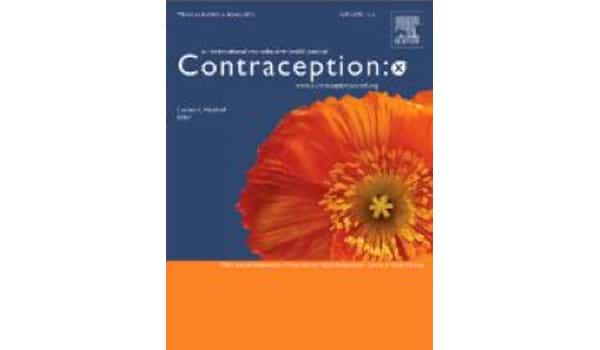
From Contraception Journal, April 2020
No-test medical abortion: a protocol for increasing access
Covid-19 has triggered an acute need to minimise the time patients spend in medical facilities and reduce contact between patients and providers. Gynuity recently led a collaborative development of a sample protocol for providing abortion pills without any routine facility-based tests either before or after treatment. They expect the no-test approach will continue to be beneficial after the epidemic ends by decreasing cost, enhancing convenience and facilitating new service delivery approaches.
+++
From Contraception Journal, May 2020
There is an urgent need to revisit approved [package] inserts for medical abortion products in low- and middle-income countries to ensure information is accurate and reflects the current evidence base. Simultaneously, providing supplemental instructions targeted at users may fill some gaps. People have a right to accurate information to ensure a safe and effective medical abortion experience.
Comparing telemedicine to in-clinic medication abortions
Providing medical abortions by telemedicine is safe, effective and feasible. Unscheduled communication with physicians was similar but unscheduled communication with clinic staff was more frequent […so ongoing access to support by text, phone or email seems a good idea]
Advanced practice clinicians and medication abortion safety: a 10-year retrospective review
Outcomes of medical abortion provided by advanced practice clinicians [mid-level providers] in our study are well within published benchmarks for effectiveness (95-99%) and safety (<1% complications) as when managed by physicians. Restricting provision to physicians only impedes access by excluding a large group of competent clinicians from offering this service.
***********************************************************************

From Lancet journals, April 2020
Medical students for health-care staff shortages during the COVID-19 pandemic
Three lessons for the COVID-19 response from pandemic HIV
COVID-19: health literacy is an underestimated problemA call for action for COVID-19 surveillance and research during pregnancy



